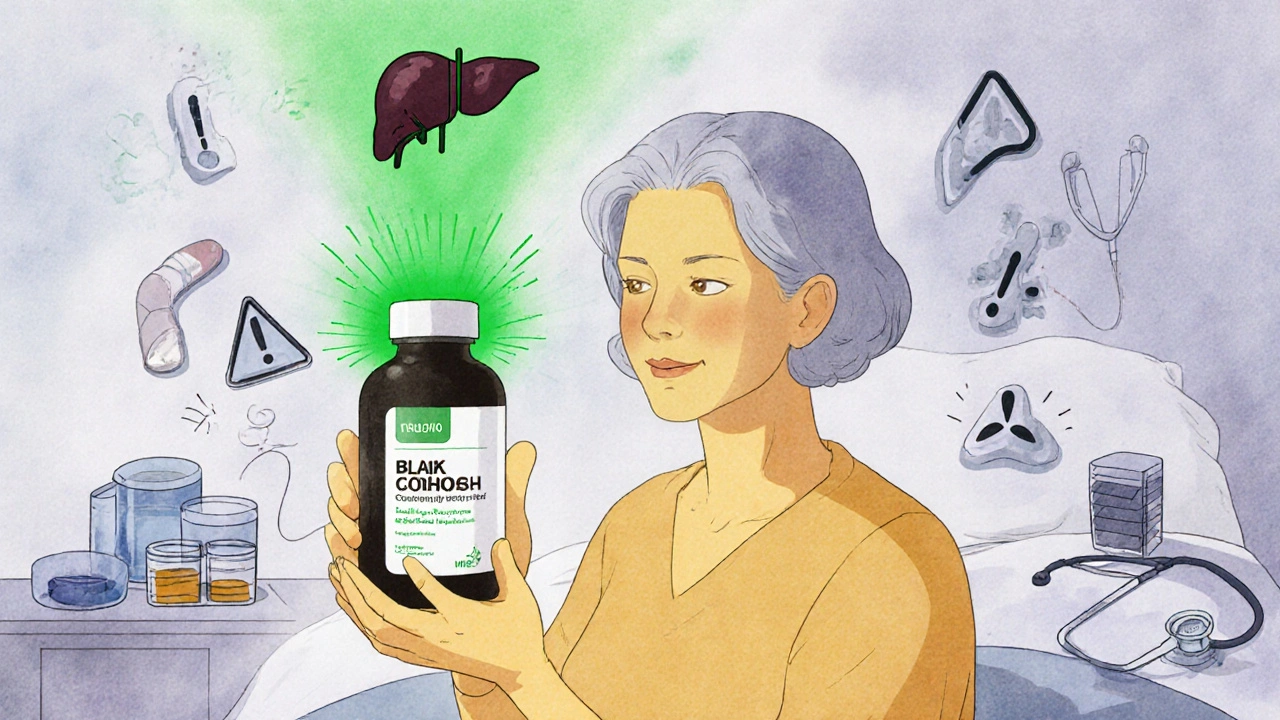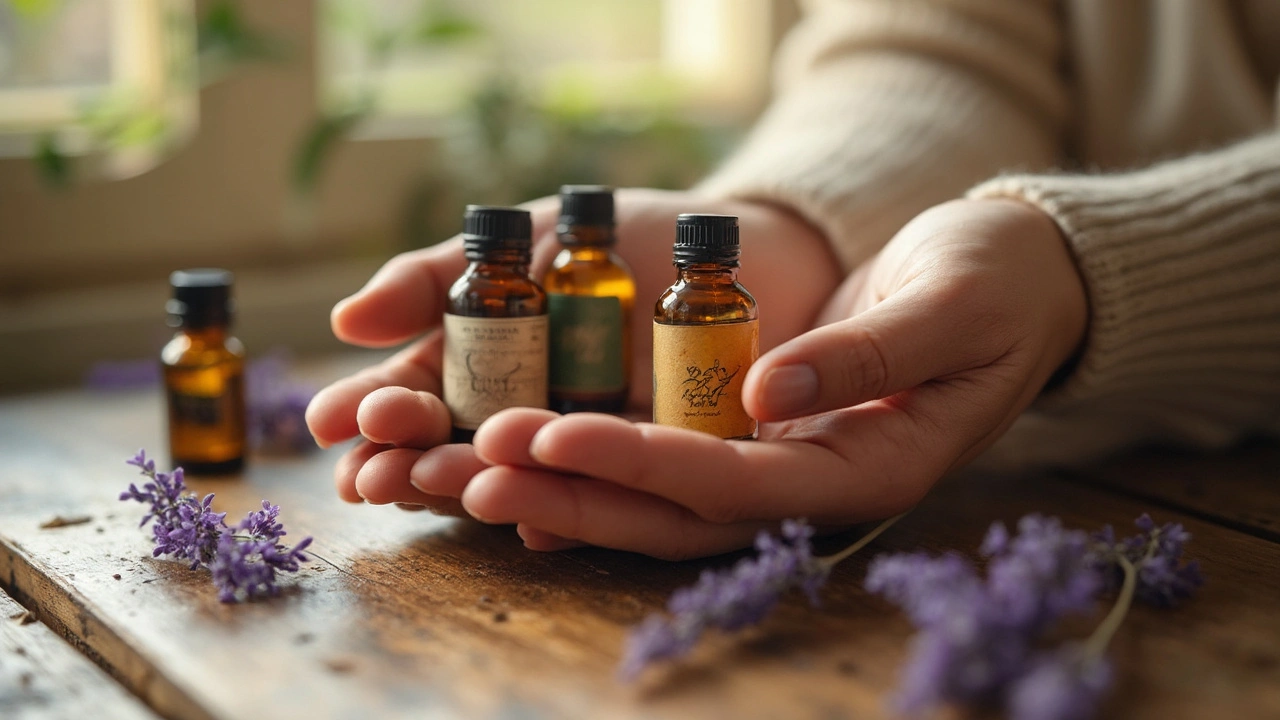Natural remedies you can try today — safe, simple, and practical
Want easy ways to feel better without chasing every prescription? Natural remedies can help with minor aches, mild colds, sleep trouble, and skin irritation. I explain what works, how to use it, and what to avoid. No hype, just usable tips you can try at home.
Quick remedies to try for common problems
For a sore throat: gargle with warm salt water (half a teaspoon salt in a cup). It soothes inflammation and is fast. Add honey to warm tea for extra relief—honey has mild antibacterial action and coats the throat.
For mild colds: rest, fluids, and steam inhalation help a lot. Put a bowl of hot water on a table, lean over it with a towel, and breathe the steam for 5–10 minutes. Eucalyptus or menthol drops can make breathing easier, but don’t use menthol for young children.
For headaches from tension: try a short walk, neck stretches, or a 10-minute cold pack at the base of the skull. Caffeine in small amounts can help a tension headache, but avoid too much or it can trigger rebound headaches.
For mild digestive upset: ginger tea settles nausea. Sip slowly. For occasional heartburn, chewable antacids are standard, but apple cider vinegar diluted in water helps some people—start small and stop if it worsens symptoms.
For minor cuts and skin irritation: clean with water, apply a thin layer of petroleum jelly or an antibiotic ointment, and cover. For dry skin or eczema flare-ups, plain emollients like ceramide creams or simple coconut oil can ease itching. Avoid scented lotions that may irritate.
Simple safety rules and when to see a doctor
Natural doesn’t always mean safe. Tell your doctor about herbs and supplements—some interact with prescriptions (for example, St. John’s Wort can reduce effectiveness of many drugs). Start with small doses, test for allergic reactions, and stop if symptoms worsen.
Use home treatments only for mild, short-lived problems. If you have a high fever, severe pain, breathing trouble, sudden swelling, persistent vomiting, or signs of infection (redness, warmth, pus), get medical care. Pregnant people, young children, older adults, and those with chronic conditions should check with a clinician before trying new supplements.
Keep it simple: pick one or two safe remedies, track results for a few days, and switch tactics if you don’t improve. Natural remedies are best when they complement smart habits—sleep, hydration, movement, and a balanced diet often make the biggest difference.
If you want specific suggestions for a symptom, tell me what you’re dealing with and I’ll share targeted, practical options you can try right away.

Natural Remedies and Supplements for Side Effects: What’s Backed by Evidence
Natural remedies and supplements aren't always safe - many cause serious side effects or dangerous drug interactions. Learn which ones have real evidence, which ones to avoid, and how to protect yourself.

The Benefits of Essential Oils for Chapped Skin
Discover how essential oils can be a game-changer for chapped skin. Get insights into the best oils to use, how they work, and tips on application for maximum relief. Learn the science behind these natural wonders and how they nourish and heal damaged skin. If you're tired of dry, cracked patches, these oils might be just what you need.

The Crucial Role of Melatonin in Managing Stress
Discover how melatonin, a natural hormone, plays a vital role in stress management. Learn about its impact on sleep quality, immune function, and overall well-being. Get tips on how to effectively use melatonin supplements and incorporate stress-reducing activities into your daily routine.
